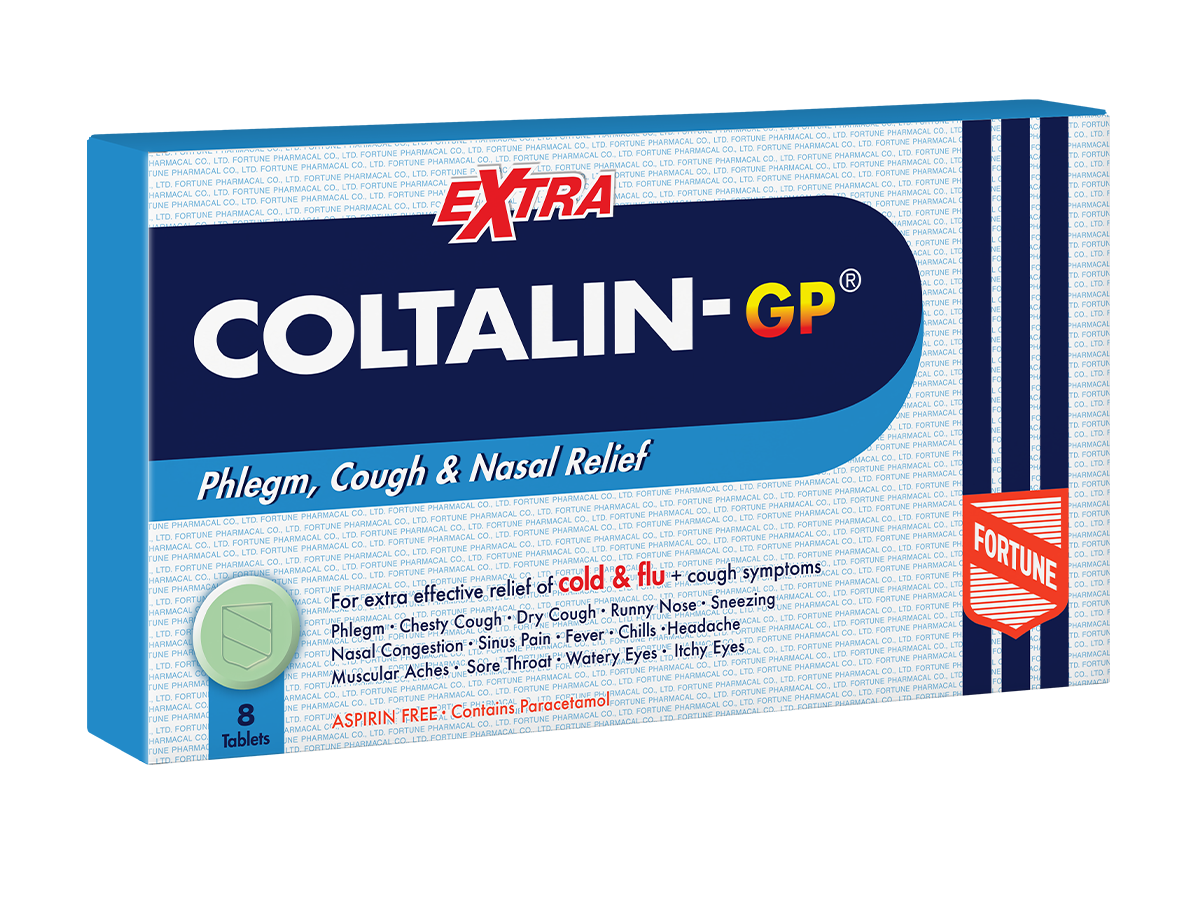Cold and flu are both highly contagious respiratory diseases. Although both diseases are caused by different types of viruses, the symptoms caused by flu viruses, such as sore throat, fever and headache, are often more sudden and severe than those of common cold. Children, whose immunity is still developing, are more vulnerable to contracting the flu.
During COVID-19 pandemic, the coronavirus was transmitted rapidly through respiratory droplets among close contacts, and its impact on the condition of infected people is varied over the time of infection and virus variants. However, according to the World Health Organization, about 10-20% of the infected may continue suffer medium- and long-term effects. Those common sequelae, include fatigue and shortness of breath, are similar to common cold symptoms and have a negative impact on daily life. If those symptoms persist, it is recommended to seek professional advice from your family doctor.
Symptoms Duration
| · | About 2 to 5 days |
| · | Runny nose |
| · | Cough |
| · | Sneezing |
| · | Nasal congestion |
| · | Fatigue |
| · | Sore throat |
Symptoms Duration
| · | About 1 to 2 weeks |
| · | Cough |
| · | Sneezing |
| · | Nasal congestion |
| · | Fatigue |
| · | Sore throat |
| · | Fever |
| · | Headache |
| · | Muscle or body aches |
| · | Chills |
Symptoms Duration
| · | Symptoms vary with each person. Approximately 10-20% of those infected may be affected by post-COVID symptoms for the medium to long term. |
| · | Sore throat |
| · | Fever |
| · | Headache |
| · | Muscle or body aches |
| · | Cough |
| · | Nasal congestion |
| · | Chills |
| · | Fatigue |
| · | Loss of taste or smell |
| · | Nausea or vomiting |
| · | Diarrhea and related discomforts, etc. |
Runny noses are mainly caused by cold and flu. Due to respiratory inflammation of the infected people, their secretions in the nasal cavity are thicker and may even contain yellow-green mucus. Persistent symptoms of rhinorrhea will seriously affect the sleep quality, prevent adequate rest and delay recovery progress.
Medication containing chlorpheniramine can help effectively treat cold and flu through reducing nasal discharge and relieve allergy symptoms.
Getting rest at home is the most effective way to relieve symptoms of cold, flu or COVID-19. The infected people should avoid public places with large crowds or polluted air to avoid spreading of viruses.
During the rest periods, a “balanced, light and digestible” diet is recommended. Drink plenty of fluids or water when fever is present. If sore throat and dry cough appear at the same time, sip hot water, tea or inhale steam in small amounts to reduce discomfort caused by swelling of throat mucosa. In addition, taking cold medicine containing paracetamol can help quickly relieve various symptoms. If those symptoms persist or worsen, seek medical attention immediately.









